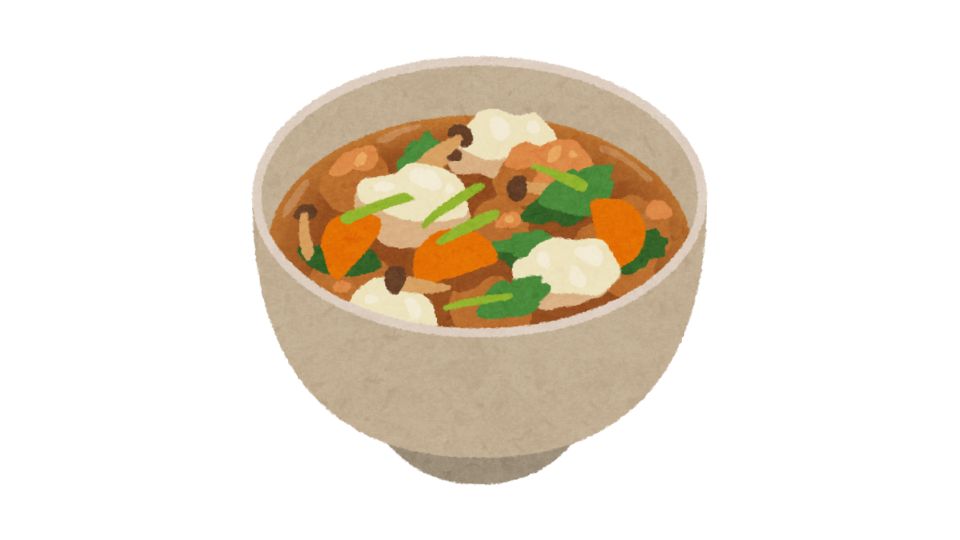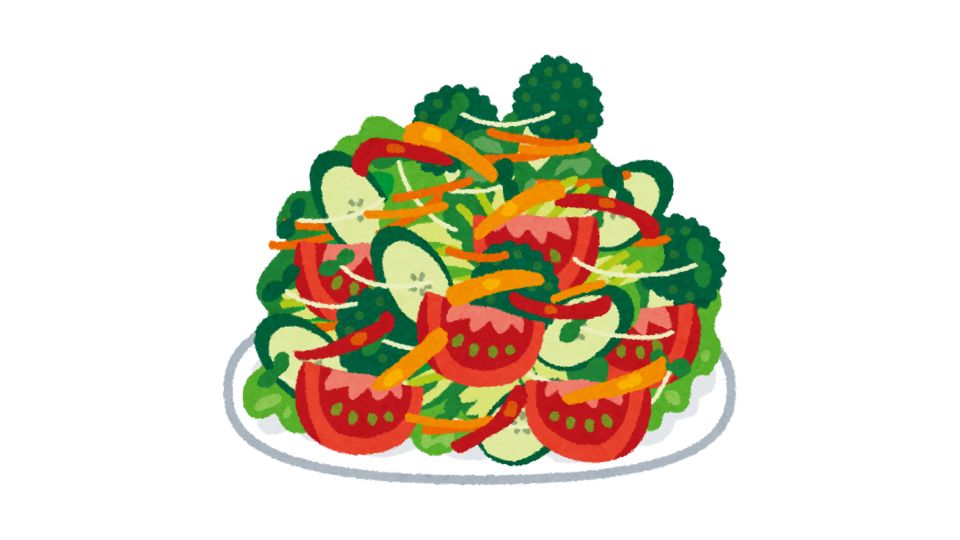Is Eating Bugs Actually Good for You?

Ever thought about adding crickets to your morning smoothie?
Bugs as food might sound like a Fear Factor challenge, but hear me out – they could actually be really good for you. And as we face growing concerns about sustainability and feeding our expanding global population, those creepy crawlies are starting to look a lot more appetizing.
So let’s dive into what science says about whether you should add some six-legged snacks to your diet – and I promise I’ll keep the bug puns to a minimum. (That’s a relief, right?)
Nutritional Benefits That Might Surprise You

If you’re looking for a protein-packed punch, insects deliver. A 100g serving of crickets contains about 12.9g of protein – similar to traditional meats but with way less fat. That’s a win-win for your muscles and waistline.
And protein isn’t the only thing bugs bring to the table:
- Vitamins and minerals galore – Many edible insects are loaded with vitamin B12, iron, and zinc. These nutrients support everything from your immune system to your energy levels. Crickets and mealworms offer complete protein with balanced amino acid profiles, making them equivalent to meat in many ways.
- Healthy fats – Unlike the saturated fats found in many meats, insects contain beneficial omega-3 and omega-6 fatty acids that support heart health and reduce inflammation. Your cardiologist might actually approve!
- Fiber from an unexpected source – The chitin in insect exoskeletons acts as dietary fiber that supports gut health. Who knew bug shells could help your digestion? Not me until recently!
- Calorie-dense energy – Insects pack more calories per 100g than lean meats, making them perfect for athletes or anyone needing dense nutrition. When you need to refuel, a handful of roasted grasshoppers might do the trick.
Environmental Benefits That Make Bugs Look Even Better

The environmental case for eating insects is even stronger than the nutritional one.
Compared to traditional livestock, insects:
- Require drastically less land and water
- Produce up to 80% fewer greenhouse gases per pound than beef
- Can be farmed vertically, minimizing their footprint even further
Let’s face it – cattle farming is wrecking our planet. Bugs? Not so much.
But What About the Ick Factor?
Potential Health Risks to Consider

Before you dive into a plate of beetles, there are some legitimate concerns to address:
- Allergic reactions – If you’re allergic to shellfish, approach with caution. Insects are arthropods too, so there’s potential for cross-reactivity. No one wants anaphylaxis from their mealworm tacos.
- Bugs carry bugs – And I don’t mean their friends. Insects can harbor bacteria like Salmonella and E. coli, especially if raised in unsanitary conditions. Proper cooking eliminates most risks, but sourcing matters.
- Regulation wild west – Food safety standards for insect production vary widely across regions. Buy from reputable sources that follow health guidelines – this isn’t the time to forage in your backyard.
Getting Over the Mental Hurdle

Let’s be honest – the biggest obstacle isn’t health risks. It’s that eating bugs seems gross to most Westerners.
But consider this: if you’ve eaten shrimp, you’ve already eaten sea bugs. If you’ve had honey, you’ve consumed bee vomit. And don’t get me started on what’s in hot dogs.
Companies are making insect consumption more palatable by incorporating cricket powder into familiar foods like protein bars, chips, and baked goods. You might already be eating insects without realizing it!
So Should You Eat Bugs? My Take
After diving into the research, I’m cautiously optimistic about entomophagy (fancy word for bug-eating).
The nutritional benefits are clear, the environmental case is compelling, and most health risks can be mitigated through proper sourcing and preparation.
I’m not suggesting you replace your steak with scorpions overnight. But maybe try some cricket protein powder in your smoothie or a cricket flour cookie. Start small.
For me personally, I’ve tried cricket protein bars and found them surprisingly tasty. The mental barrier was the hardest part – once I got past that, it was just another snack.
In summary: bugs aren’t just for survival shows anymore. They’re nutritious, sustainable, and increasingly accessible. The biggest question isn’t whether bugs are good for you – it’s whether you’re brave enough to try them.

